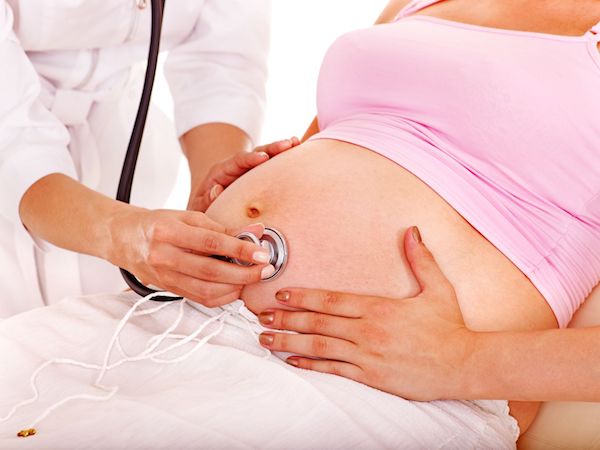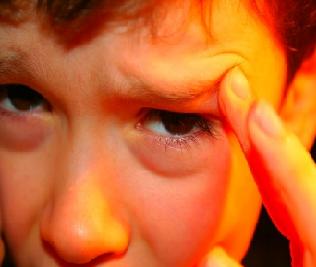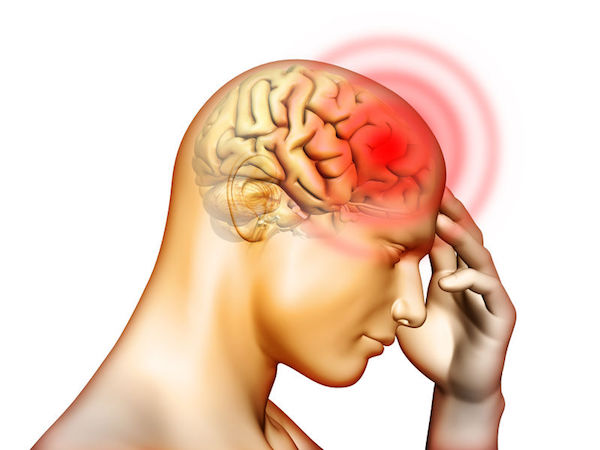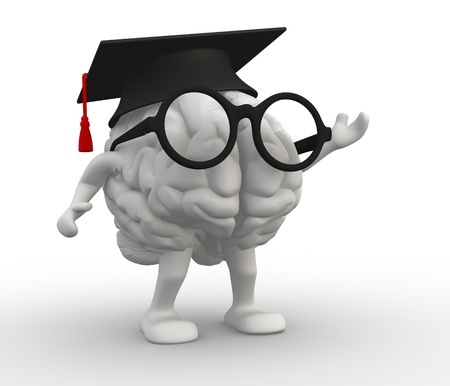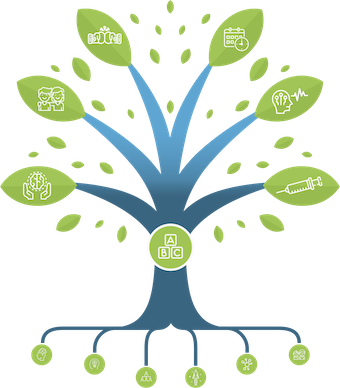What will happen to my migraines during pregnancy?
Author: Dr Vanessa Doyle and Dr Suzanne Christie Hormonal changes during pregnancy can have an impact on your migraines with fluctuations in the levels of hormones, causing your migraines to improve, worsen or even stabilize. The levels of estrogen and progesterone, the two main types…
Can I use an oral contraceptive? Will it make migraine worse?
Author: Dr Vanessa Doyle and Dr Suzanne Christie Headache is a common side effect of oral contraceptive pills, which can be affected by the dose and the type of hormone(s) in the pill. It is important to understand there are 2 main types of oral…
I have severe attacks, and sometimes throw up my medication…what can I do?
Most migraine patients will have nausea with at least some of their attacks, and some will vomit. Vomiting, especially if it occurs early in the migraine attack, can be a problem because if the patient throws up their medication before it is absorbed into the…
My Treatment for migraine works, but the pain comes back in a few hours. What should I do?
Many patients with migraine find that the medication they take for their migraine attack will relieve the pain completely or at least take it down to a mild level within 2 hours. It this is not happening with your acute migraine medication, you need to…
I take medications quite often to treat my headaches. Is this a problem?
Overusing headache medication is a frequent issue and can become a problem in many patients. It may overtime make headaches worse and the medication which you are taking may be less effective in controlling your pain. The term for this condition is called ‘medication overuse…
What is a prophylactic treatment?
Prophylactic or preventive medications are not the same as acute migraine medications. The acute medications are used to treat individual migraine attacks, and are only taken when the migraine attacks occur. Preventive medications are taken every day to prevent some of the migraine attacks from…
How can I determine if I need a prophylactic treatment?
Preventive medication is not necessary for every migraine sufferer. There are certain situations where your doctor would consider recommending a preventive medication, such situations are: You are having headaches that have a significant impact on your life at home or at work despite appropriate use…
How can I choose a good prophylactic for my situation?
Deciding on what type of preventive medication to start depends on many factors. The choice of preventive medication needs to be tailored to meet each person’s individual needs. Before deciding on a preventive medication, it is important to discuss your other medical problems with your…
My migraines have become more frequent….should I just stop my preventive treatment?
Migraine comes in cycles of good and bad periods. Sometimes there is an obvious reason (less sleep, more stress, a new medication, hormonal changes….) but sometimes it is not that clear why migraines keep coming at an increased pace. If your migraine frequency is rising…
Why do women get more migraines?
Prior to puberty, migraine occurs in about 2-4% of children, with boys being more affected than girls. This changes at the onset of puberty, when migraine becomes more common in females than males. In fact, girls are more likely to have their first migraine during…
My child has headaches… should I be worried?
Headaches are very common in children. In fact, over 50% of children will experience headaches during their childhood or adolescence1. The vast majority of headaches are benign, meaning that there is no underlying disease causing the headache. Children also often get headaches in the context…
Is it possible to have more than one type of headache?
It is possible to have more than one headache type. There more than 200 types of headaches as categorized by the International Headache Society. It is important to realize that people with primary headache disorders, like migraine, can also have secondary headaches as well. It…
What is medication overuse?
Acute medications are those medications that you take at the time the headache is occurring. People who have frequent headaches, who take acute medications on a regular basis, could be making their headaches worse, leading to more headaches. These headaches are known as medication overuse…
I have bruxism. Could it explain my headaches?
Bruxism is repetitive stereotypical teeth grinding and clenching. If occurring during sleep, it is associated with sleep arousal activity. Diagnosis is often based on reported history of tooth-grinding sounds during sleep, morning jaw muscle pain and stiffness, masseter muscle enlargement and teeth wear/damage. Bruxism may…
Is Migraine a Vascular Headache?
For many years, people have tried to understand where the pain of a migraine headache comes from, and what causes it. Over time, our understanding of migraine and what causes migraine attacks has improved, although there are still many things about migraine that are unknown….
My migraines make me miss work. What should I tell my employer?
Telling your employer about your medical history is a very personal decision. However, if your work performance is suffering and your absenteeism is now becoming an issue, it may be time to let your employer know why this is happening. It is unfortunate that there…
I would like to avoid medications. What can I do to improve my lifestyle?
Although medication may be needed to alleviate severe pain in migraine, addressing lifestyle issues may prove beneficial to the migraineur in overall headache management and prevention. The ‘migraine brain’ does not do well with change. A well balanced lifestyle includes a routine of exercise, a…
Is it necessary to have a scan or MRI to diagnose migraine?
There is no test that will diagnose migraine. The diagnosis is based on the symptoms that you describe to your doctor. After you have described your symptoms, your doctor will examine you to make sure that there is no sign of any other reason for…
Can children be affected by migraine?
Yes! Many people think children and teenagers do not get migraines. However… 2% of children under 6 years old have migraines (approximately 1 child out of 40). 4 to 11% of children from 6 to 11 years old have migraines (approximately 1 child out of…
Is migraine’s presentation the same in children and adults?
No, there are a few differences. In children: Pain is most often located in the forehead or on both sides of the head. In adults, pain is usually located in only one side of the head. The duration of the attack is shorter. The attacks…
Categories
THE MIGRAINE TREE
- BRANCHES
- ACUTE TREATMENTS
- DEVICES AND NEUROMULATIOIN
- PREVENTIVE TREATMENTS
- PROCEDURES AND INJECTIONS
- SELF-CARE AND LIFESTYLE
- SOCIAL LIFE
- TRUNK
- ROOTS
OTHER CATEGORIES


